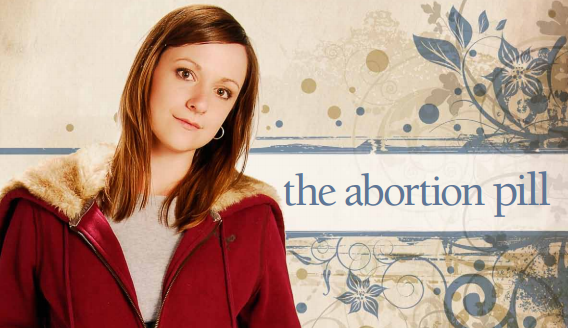Ex-gay activist and Focus on the Family analyst Jeff Johnston is launching a new group, with Focus’s blessing, focused on sexual orientation conversion therapy in the wake of criticisms of the tactic by Exodus International’s Alan Chambers. Johnston says that Satan is responsible for the “sexual brokenness” found in gays and lesbians and that their sexual orientation is a result of poor parenting and molestation. Today, Johnston posted on an article on Focus’s political arm CitizenLink where he mocked homophobia and heteronormativity as rare, ridiculous and unfounded, comparing the LGBT rights movement to a campaign of people with deteriorating eyesight who stop wearing their eyeglasses, even if that means causing accidents while driving, in protest of “binocular-normativity.” He lambasted LGBT rights advocates for having people be “defined” by “their brokenness,” saying that homosexual and transgender people are just more signs of the world’s “brokenness,” just like rape, adultery and STIs.
Aside from my own near-sightedness, astigmatisms and presbyopia, three family members have lost an eye – for a variety of unrelated reasons. Two of them wear prosthetic eyes. Yet everywhere I look, it is a two-eyed world. When was the last time you saw someone on television take out his prosthetic eye? My family started a campaign; you may have seen some of our bumper stickers: “Monoculars Unite!” “Blind is Good!” “End Binocular-Normativity!”
Textbooks should show more people with no eyes or one eye – why do they all assume people have two eyes? Kids with glasses get teased and called “four eyes.” Our national anthem is an insult – no, I can’t “see by the dawn’s early light” – until I fumble around and find my glasses. I spent a month protesting 20/20-vision-normativity by not wearing my glasses. After a couple car accidents, my wife made me put them on again. People with good vision don’t have to spend thousands of dollars over their lifetime for glasses, contacts, prosthetic eyes, LASIK, cataract surgery, seeing-eye dogs or learning braille. It’s just not fair.
…
Aside from nature and culture, God has also revealed his truth for our sexuality in the Bible. We go back to the words of Genesis – affirmed by Jesus in the Gospels – and read that God created us male and female in his image. Things are defined by their perfection, by what they are supposed to be, not by their brokenness. So we don’t redefine God’s creation or gauge how we should live by the broken sexuality we see around us: adultery, pornography, sexually-transmitted infections, HIV/AIDS, abortion, infertility, transgenderism, homosexuality, misogyny, lust, divorce, rape.
Same-sex lusts, fantasies and sexual activity violate God’s male-female design in a unique way. Instead of normalizing brokenness, calling homosexuality “good,” and identifying people by their sexual attractions, those who follow Jesus are called to bring redemption, grace and transformation.
Similarly, our sexuality and relationships have been dreadfully impacted by sin. Many of us under-estimate the power and effects of sin; we don’t understand how what Dallas Willard calls “radical evil in the ruined soul” has affected our sexuality and relationships. Sin devastates lives. And sexual sin, because sexuality is so good, so powerful, and such a deep part of our being, is especially destructive.
Even in our sexual brokenness, we see glimmers of God’s design. One of those glimmers is that though humans have the capacity for all kinds of sexual behaviors, and despite sin, the world is largely heteronormative – and not arbitrarily so. Most cultures recognize the truth displayed in our bodies, that humanity is divided into two sexes, male and female. And almost all have some form of marriage – mainly to keep children with the husband and wife who procreated them.








